The Biden administration has announced over $3 billion in grants to boost domestic production of advanced batteries and materials for electric vehicles (EVs).
This initiative, aimed at reducing China’s dominance in global battery production, will support 25 projects across 14 US states, including key battlegrounds such as Michigan, North Carolina, Ohio, and Texas.
The funding, part of the bipartisan infrastructure law passed in 2021, marks the second round of grants for EV battery production. It follows a previous $1.8 billion allocated to 14 ongoing projects. This round is smaller than initially anticipated due to some projects being withdrawn or rejected during negotiations.
The grants are part of a broader strategy by President Joe Biden and Vice President Kamala Harris to combat climate change, promote EV adoption, and strengthen US manufacturing. Companies receiving the awards will process lithium, graphite, and other critical materials or manufacture key components used in EV batteries.
“Today’s awards move us closer to building an end-to-end supply chain for batteries and critical minerals in America,” said White House economic adviser Lael Brainard.
She emphasized that reducing China’s influence in this sector is critical for the US
Since 2020, the administration has leveraged more than $100 billion in private investment and implemented measures, including higher tariffs on Chinese imports of minerals like graphite. The 25 projects are expected to create 8,000 construction jobs and 4,000 permanent positions.
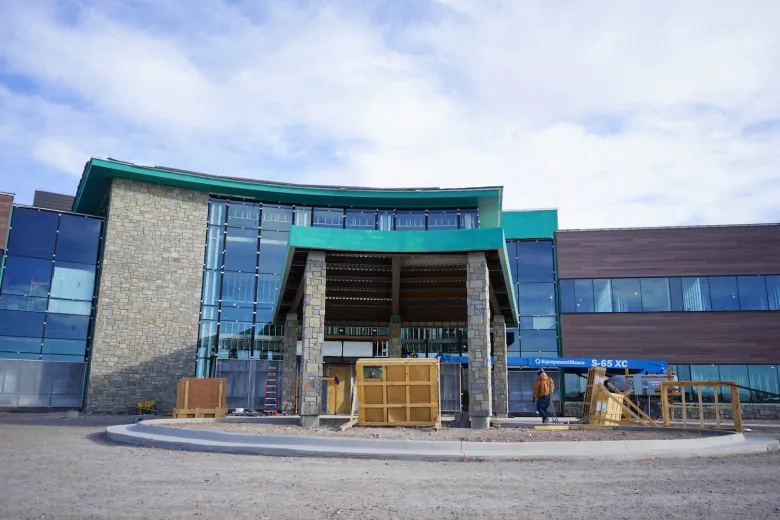
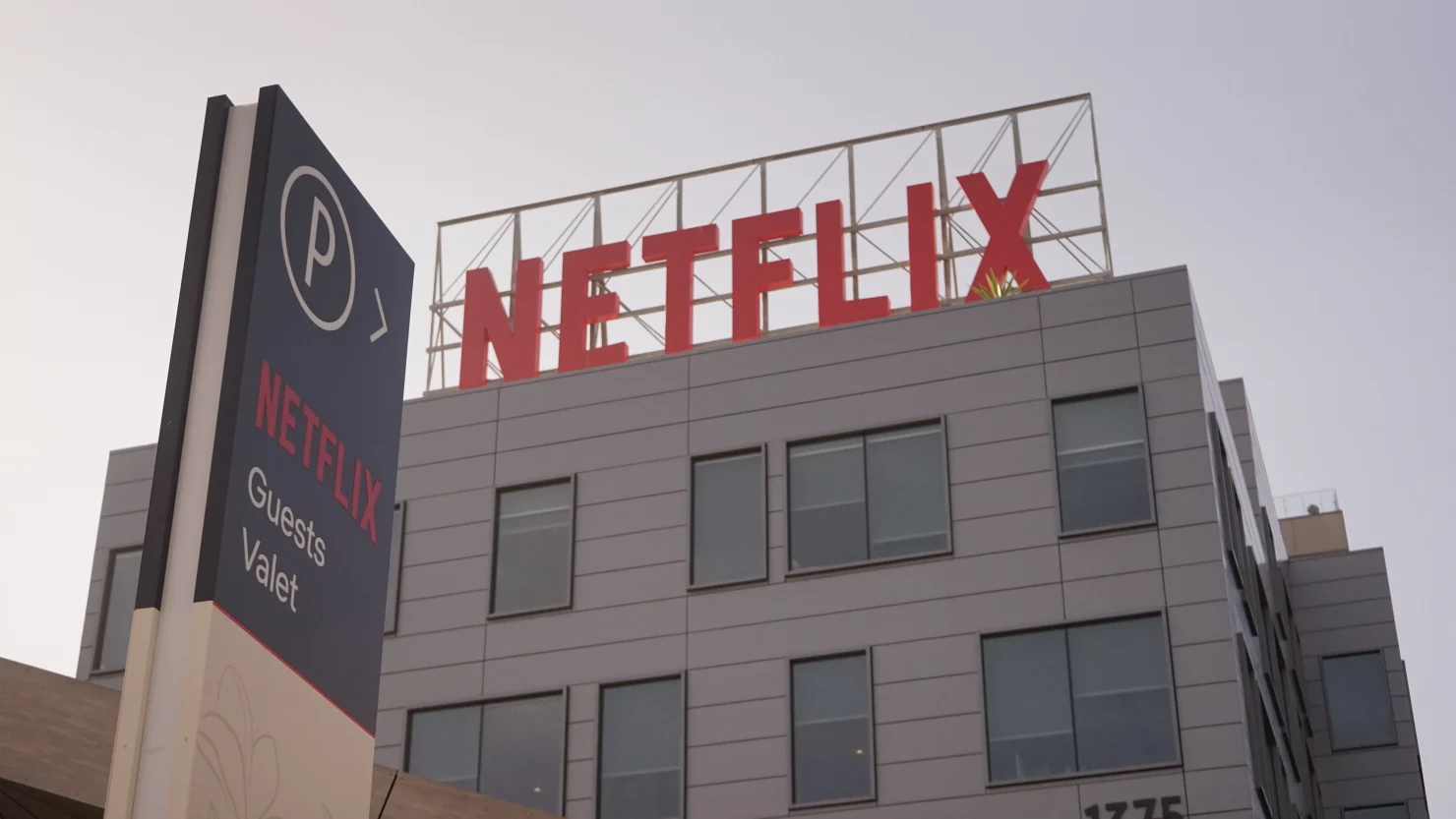
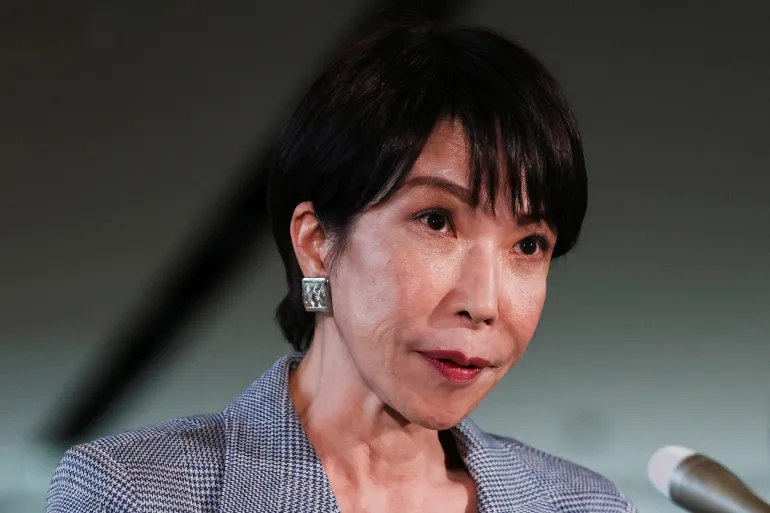
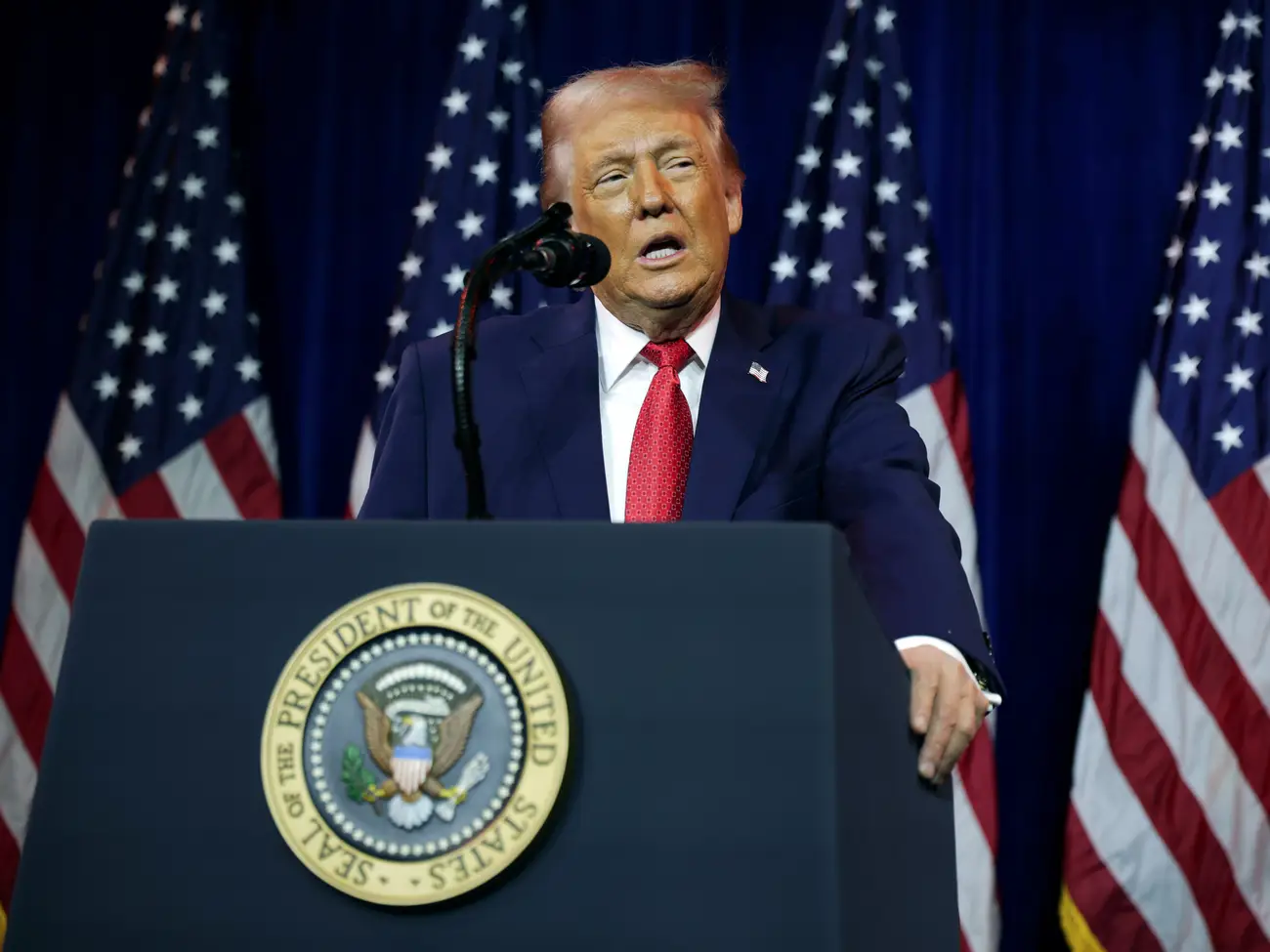
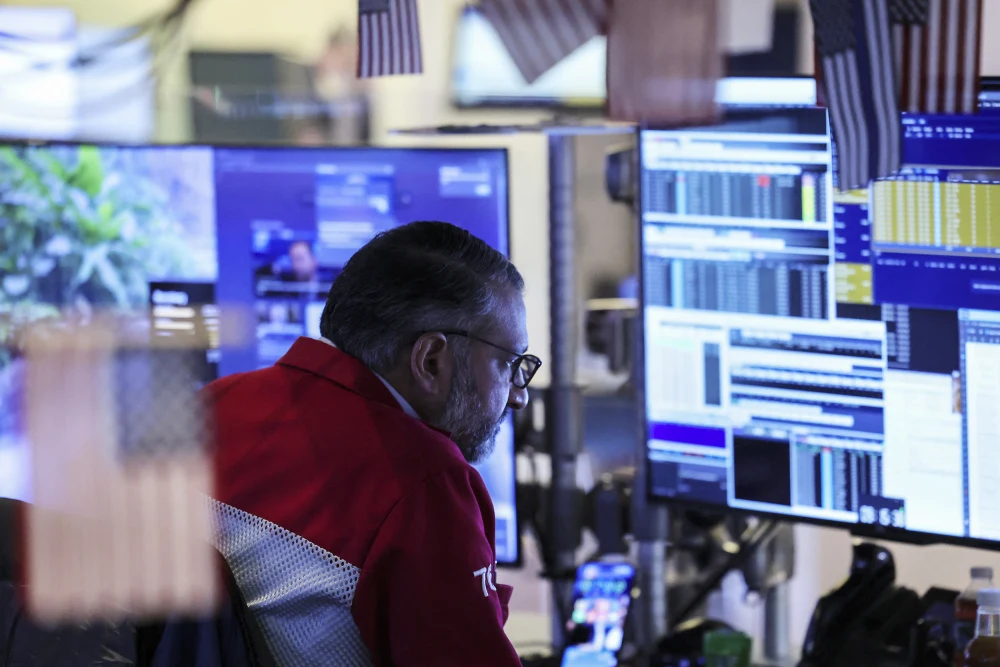
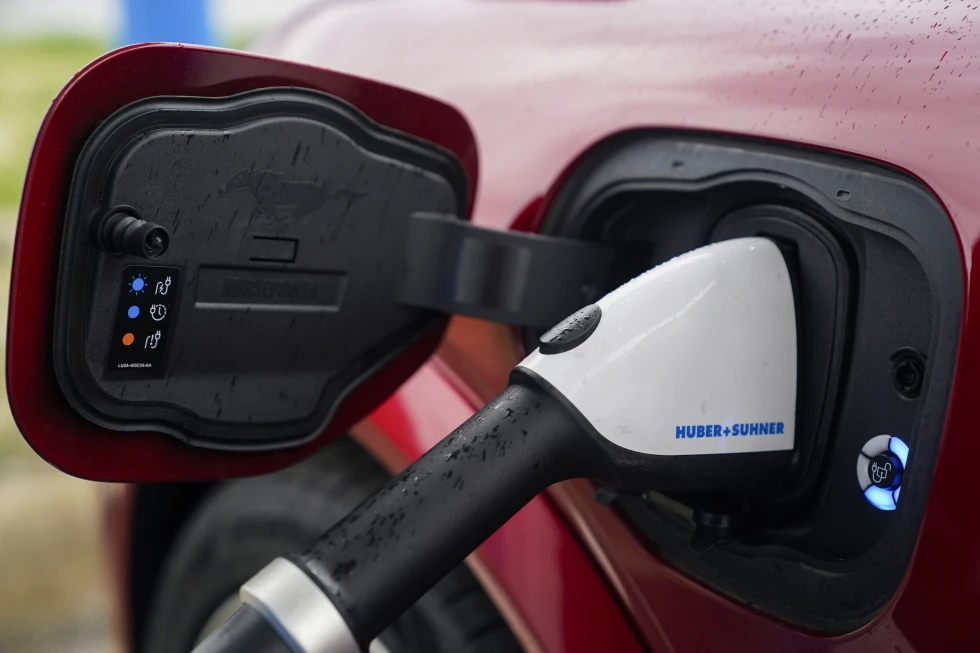




The latest news in your social feeds
Subscribe to our social media platforms to stay tuned